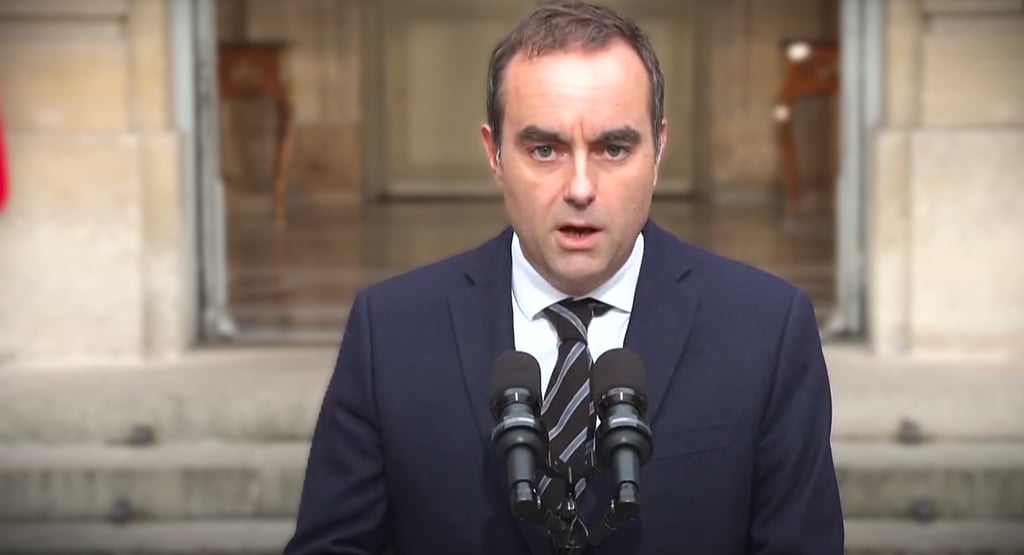French Government Resigns — Macron Faces Deep Political Crisis After Lecornu’s Shock Exit October 6 2025
French PM Sébastien Lecornu resigns hours after forming cabinet, plunging Macron into crisis and fueling calls for new elections.
Raja Awais Ali
10/6/20252 min read


French Government Resigns: Macron Faces Deep Political Crisis After Lecornu’s Shock Exit
France was thrown into fresh political turmoil on October 6, 2025, after Prime Minister Sébastien Lecornu announced the resignation of his government—just hours after unveiling his new cabinet. This extraordinary development marks one of the shortest-lived governments in French history, lasting barely 14 hours before collapsing under parliamentary pressure.
President Emmanuel Macron, already struggling with a deeply divided National Assembly, had appointed Lecornu last month in an attempt to restore stability following months of political gridlock. However, the newly formed cabinet quickly drew backlash from both opposition and allied parties, who accused Macron of recycling “old political faces” instead of delivering genuine reform.
According to Le Monde and Reuters, Lecornu submitted his resignation late Monday evening, citing an inability to secure the necessary parliamentary support for a confidence vote. Within hours, Macron accepted the resignation, sparking calls for either a new consensus-based government or immediate national elections.
The left-wing La France Insoumise (LFI) party called the cabinet “a democratic farce,” while the right-wing National Rally urged Macron to dissolve Parliament and “let the people decide.” Political analysts say the episode exposes the full extent of France’s institutional fragility, with the president now facing mounting pressure from all sides.
Economically, the resignation triggered immediate market reactions. France’s CAC 40 stock index fell nearly 2 percent, while the euro weakened slightly against the U.S. dollar amid investor uncertainty. The Financial Times reported that European markets are closely monitoring the crisis, fearing potential ripple effects across the eurozone.
Diplomatic circles in Brussels and Washington expressed concern, urging France to restore political stability swiftly. Analysts believe that prolonged instability could undermine European Union decision-making, especially on economic policy and defense coordination.
For President Macron, the challenge is immense. He must now choose between appointing another prime minister capable of uniting rival factions—or calling fresh elections that could further weaken his centrist bloc. Both options carry political risk, but doing nothing could deepen France’s internal paralysis.
The Lecornu government’s rapid collapse has shaken faith in Macron’s leadership and raised doubts about his ability to maintain control over a fractured parliament. France’s long tradition of democratic resilience is now being tested at a level unseen in decades.
As Macron deliberates his next move, the world watches closely. The coming days will determine whether France can rebuild a functioning government—or slide deeper into political uncertainty at the heart of Europe.
Stay informed with the latest national and international news.
© 2025. All rights reserved.